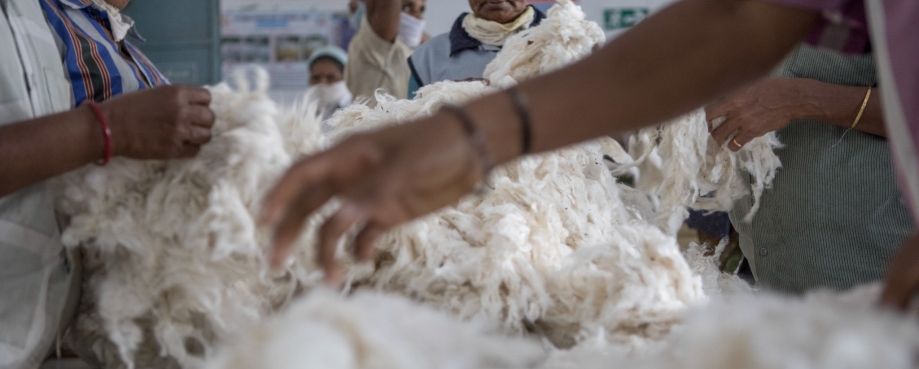
Schoolblazer are the leading supplier of uniform and sportswear to independent schools in the UK. Our online only business model is focussed on providing design and product innovation to our schools and shopping convenience for our parents.
Founded in 2004, Schoolblazer was established by two very experienced operators - Robin Horsell who had spent his professional life supplying M&S and Tim James who had been buying director for a number of leading retailers. Together we set out to be an ethical sourcing business from the start. We sourced directly, using factory contacts and processes learned in our previous capacities. Ethical trading, as we understood it, was always at the heart of this. We selected countries in which to operate based on their human rights records and only visited factories that we knew were operating to the highest international standards. So, when we applied to join ETI in 2018, we thought we knew it all. By our standards, we were hardly foundation members. Surely, we were doing all the right things already, full membership should be a shoo-in!
Never has the phrase, “you don’t know what you don’t know” been more relevant.
We quickly found that we were operating in the stone-age when the leaders had gone digital. Ethical trading isn’t about audits, visits, or monitoring (although they are still important). It’s about cooperation, managing pressure, planning and understanding. Working with ETI has moved our thinking to a whole new level. While we had set ourselves up well - with our choice of locations and factories - it’s clear now our relationships are fundamentally different. We have worked much harder with our factories to understand the drivers of their overtime and pressures. Now, we are working together to improve our ordering and communications processes, to ensure that workers’ rights are at the heart of our production. Going forward, the need to embed these principles into our operations has been central to our strategy, with a roadmap for how we develop further already agreed.
The pandemic has put all our work so far to the test. Suddenly our factories were being forced to restrict their outputs due to a shortage of labour and workers were at risk of being left unpaid. We put our new principles into action, bringing forward production from the next year where we could, to keep our smaller factories running. Meanwhile we worked with others to reschedule production, being more mindful than ever of the need to make sensible and deliverable requests.
We think we’ve come through the whole experience with strength. We’ve built new, deeper relationships based on trust and mutual respect and continued to deliver product to our customers. Most importantly we are confident that our goal of ensuring that everyone involved in our products life span has a better life, is a big step closer to being realised. We are delighted to now be full members of ETI. The process is challenging, but I’d urge all new foundation stage members to stick with it – it’s certainly worth it.
